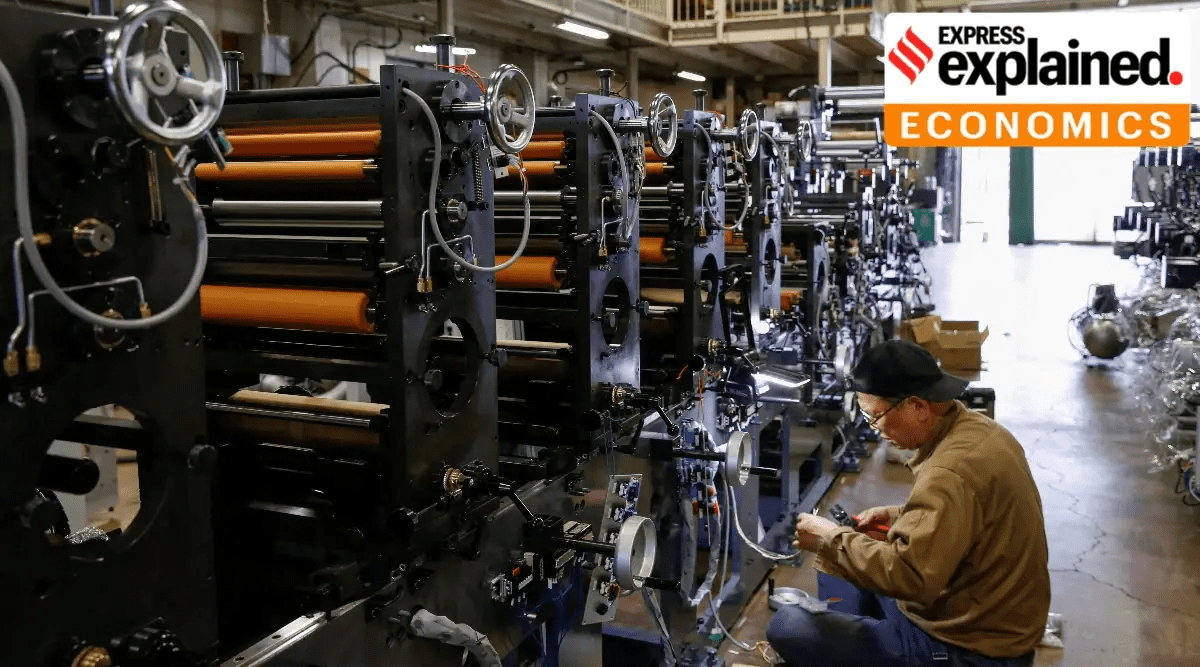Free Courses Sale ends Soon, Get It Now


Free Courses Sale ends Soon, Get It Now



Copyright infringement is not intended
Context: That era formally ended in 2022, which has seen not one, but two wars. Both have upended the assumption of “doux commerce” – encapsulated in the sayings of the French philosopher Montesquieu that “commerce is a cure for the most destructive prejudices” and “peace is the natural effect of trade”.
Details:
© 2024 iasgyan. All right reserved